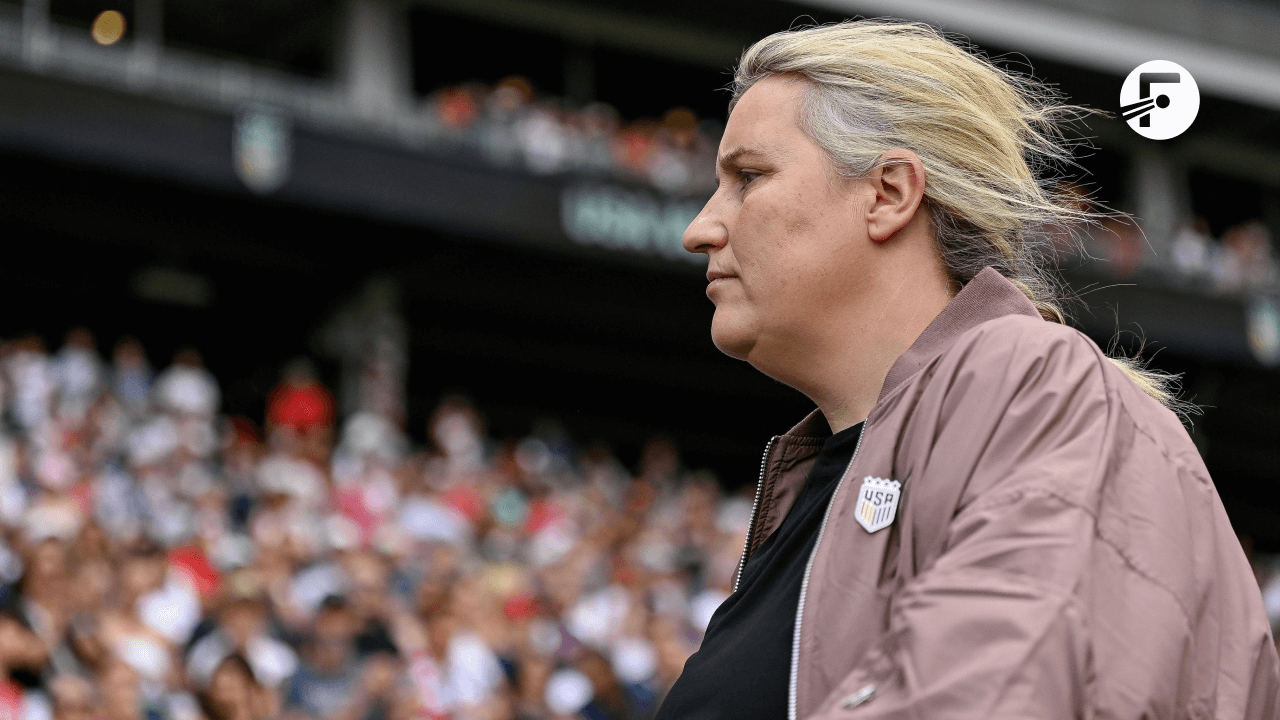The women’s football tournament at the 2024 Olympics is set to be the toughest to date. Only 12 of the world’s best teams have been granted a spot in a format that starts with a four-team group stage before concluding with three knockout rounds. The Gold Medalists will be decided after six games in just 16 days, so everyone is going to be tested to their limit. Here is a look at all the contestants.
By Neel Shelat
France
Hosts France avoided the qualification drama of the UEFA Nations League, although they would have earned a spot either way as they reached the final of that tournament.
Led by Hervé Renard who is set to depart after the tournament, Les Bleues will back themselves to go all the way. The 55-year-old tactician has a reputation as a tournament specialist which he has lived up to, having led France to the quarter-finals of the last World Cup and the aforementioned Nations League final. In the process, he has taken them to their highest-ever FIFA ranking.

Experience will be the key to their success as they have four players with over 100 caps in their squad, namely Lyon forward Eugénie Le Sommer and Kadidiatou Diani, captain Wendie Renard and midfielder Amandine Henry. Given their age and the tight schedule, though, the younger players will need to step up as well.
Colombia
Colombia have never progressed past the group stage at the Olympics in their two previous appearances, but they will want to change that this time around.
They are entering the tournament in strong shape having finished as the runners-up at the last Copa América and followed it up with their best World Cup to date, reaching the quarter-finals after topping a group that included Germany, South Korea and Morocco.
Colombia were quite an exciting team to watch in Australia as they had a solid defence and dynamic attack led by Mayra Ramírez. The 25-year-old forward helped Chelsea defend the WSL title last season after joining the club in January, but she will want to improve her record of just three goals in 31 matches for the national team.
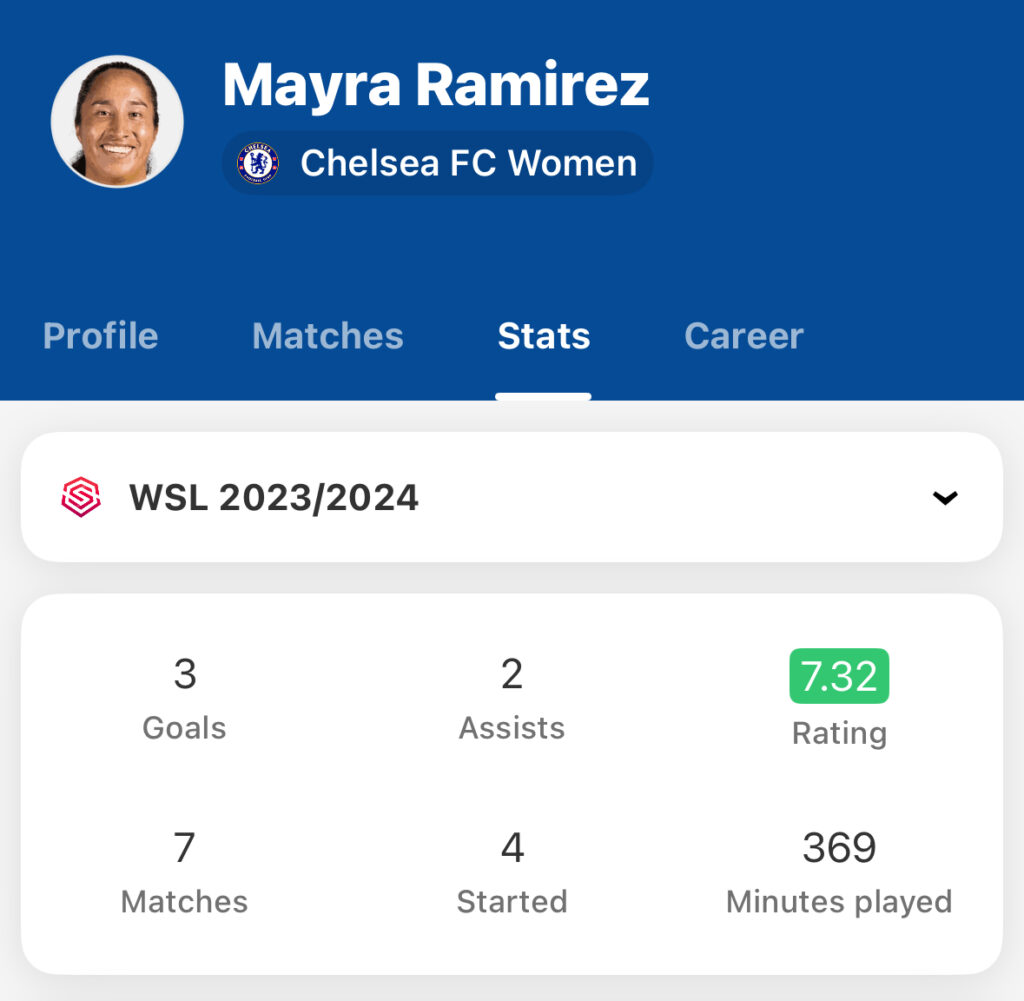
Canada
Defending Gold Medalists Canada are not in the strongest shape going into the tournament, but then again they found a way to win it last time around despite drawing four of their six games. Their last World Cup did not go well at all as they were knocked out at the group stage, but they decided to stick with Beverly Priestman and give her a second chance. The Canucks did look improved in the Gold Cup earlier this year as they reached the semi-final with 14 goals scored and none conceded across four games before losing out to the USWNT on penalties, but this will be a much bigger test.
This will be the first time that Canada go to the Olympics without legendary forward Christine Sinclair, so the goals will have to come from elsewhere. Between active top-scorer Adriana Leon, Europe-based forwards Cloé Lacasse and Evelyne Viens, Janine Beckie and Jordyn Huitema, they should be able to generate enough attacking threat.
New Zealand
Just a year after recording their best-ever World Cup performance at home, New Zealand enter the Olympics in a bit of turmoil.
Head coach Jitka Klimková has taken a leave of absence for the tournament “while an investigation is concluded into an employment related matter.” She announced this decision less than a month before the tournament kicked off, so one of her assistants Michael Mayne will have to take over on an interim basis.
They also made a huge selection decision in dropping veteran forward Hannah Wilkinson, doubling down on a defence-first approach. Either way, the Football Ferns will be the clear underdogs in Group A as three tough opponents await them.
United States of America
The USWNT are by far the most successful team in Olympic history having won four of the seven editions of the women’s football tournament. As a result, Emma Hayes will have to contend with very high expectations in her very first major international tournament.
Of course, she is quite used to such pressure from her time at Chelsea, so the USWNT have to be considered among the firm favourites for the title, They have top-class quality all over the squad including some stars of the new generation such as defenders Naomi Girma and Jenna Nighswonger, and a host of exciting attackers including Sophia Smith, Trinity Rodman and Jaedyn Shaw.
Hayes has a bit of a reputation as a tinkerwoman as she is never afraid to experiment with different combinations and player roles, so her style of management could prove particularly effective in such a tournament where an 18-player squad will have to contend with three games a week.
Zambia
Zambia are enjoying the best period in their footballing history having made their World Cup debut last year and returning for their second straight Olympics after making their first appearance last time around.
They made some waves in Japan, not least thanks to Barbra Banda who became the first woman to score back-to-back hat-tricks at the Olumpics. The 24-year-old forward enters this tournament in even stronger shape as she currently sits atop the NWSL scoring charts after terrorising defences week in week out for the Orlando Pride.
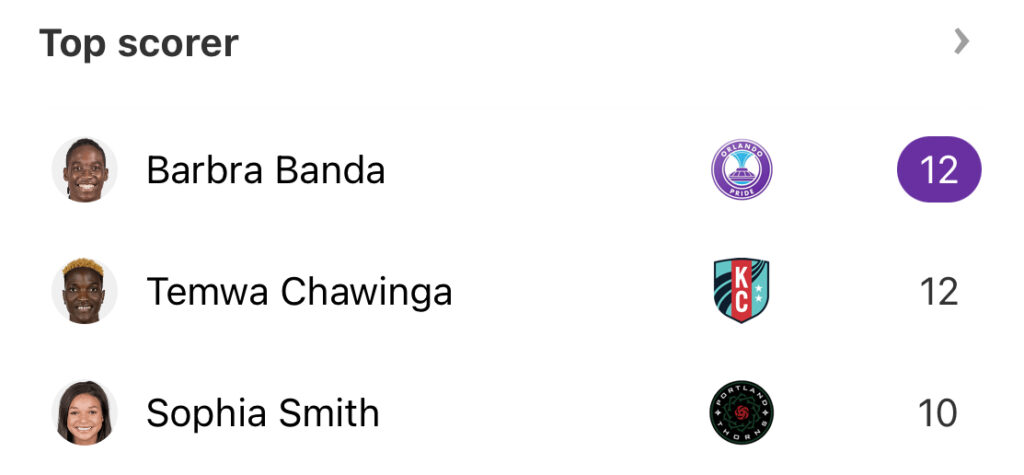
She is not the only superstar forward in Zambia’s squad either, as she will be more than ably supported by Racheal Kundnanji, who became the world’s most expensive female footballer when she left Madrid CFF for Bay FC.
However, having been drawn in the group of death with a dearth of quality in defence, the Copper Queens could well face the same issue they did last time when they scored a good few goals but conceded far too many more.
Germany
Germany just about qualified for the Olympics by defeating the Netherlands in the third-place play-off of the Nations League, escaping another bad result in what is a turbulent period for them on the pitch.
They failed to qualify for the last Olympics and suffered their first-ever group-stage exit at the last World Cup, which eventually cost Martina Voss-Tecklenburg her job. Horst Hrubesch has taken over the role on an interim basis, so his future will likely be decided on the basis of the team’s performance in France.
They are definitely not short of talent as their run to the final in the last Euros showed, but finding the right balance in the squad has since proven to be challenging. Hrubesch’s job was made much more difficult by Lena Oberdof’s injury in their last match, so a lot could ride on how well she can be replaced at the heart of midfield.
Australia
Australia will also be without their star player at the Olympics as Sam Kerr has not yet recovered from her ACL injury, but their overall form has been much more positive. They recorded their best-ever performances in the last edition of both the World Cup and Olympics, reaching the semi-finals.
The Matildas have played some good tournament football under Tony Gustavsson, prioritising defensive solidity in a compact 4-4-2 block and posing a good counterattacking threat through their star forwards. Of course, replacing Kerr’s goals will be the key to their success in France, and part of the answer may well lie in 36-year-old forward Michelle Heyman.
Having retired from international football in 2019, she had to reverse that decision when she was called up earlier this year for the Olympic qualifiers while topping the A-League scoring charts. She scored as many as five goals in the play-off against Uzbekistan, so she could yet enjoy one last hurrah with the Matildas.
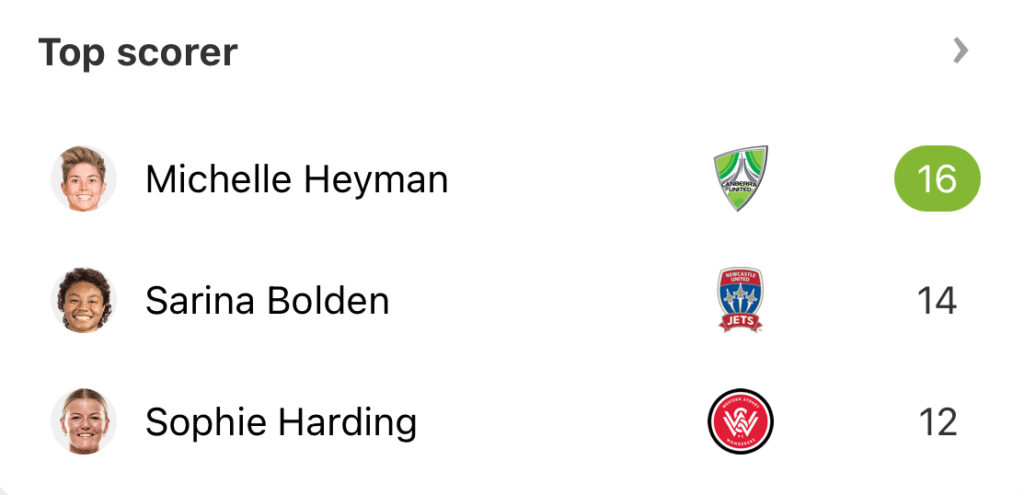
Spain
Spain had no international trophies to their name this time a year ago, but they have since gone on to win both the World Cup and the UEFA Nations League. Naturally, then, they are among the favorites for Olympic Gold even though this is their tournament debut.
Besides the results, the manner of their victories was incredibly impressive, particularly in Australia and New Zealand. La Roja employed their typical possession-dominant style of play, passing their way around opposition defences and creating truckloads of great chances.
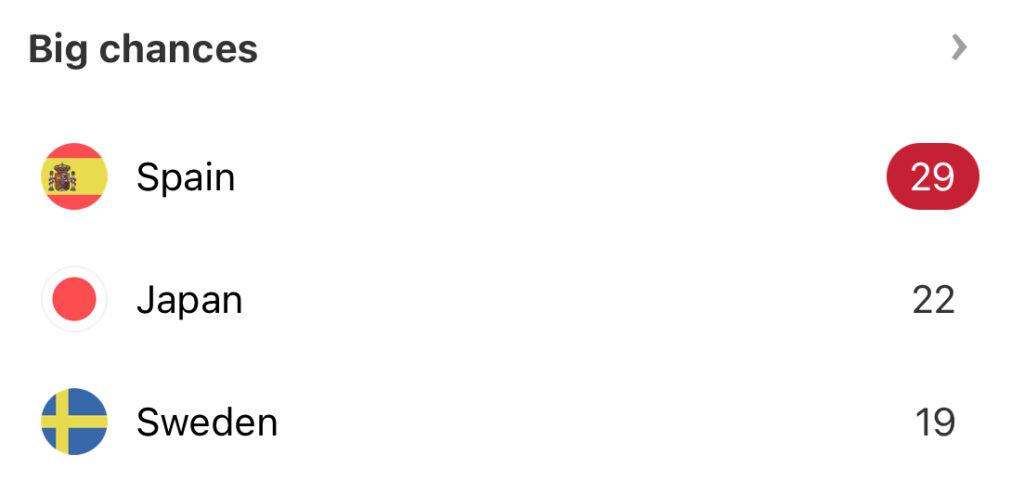
With world-class players all over their side, Spain will be a force to reckon with at the Olympics.
Japan
As the above stat suggests, Japan also had a pretty good World Cup. They made a memorable run to the semi-finals, looking like strong dark horses for the title at a point as put four past Spain in the group stage.
Under Futoshi Ikeda, they have shown good flexibility between being able to absorb pressure defend solidly before counterattacking against stronger teams and adopting a more front-footed approach in matches where they are the favourites. The former approach will be tested to its limit in France, and they could well use it to cause a couple of upsets.
Nigeria
Nigeria gave a decent account of themselves at the last World Cup too as they went undefeated, only getting knocked out on penalties against eventual finalists England. They managed to keep three clean sheets too, so opponents should expect a tough time against their sturdy defence.
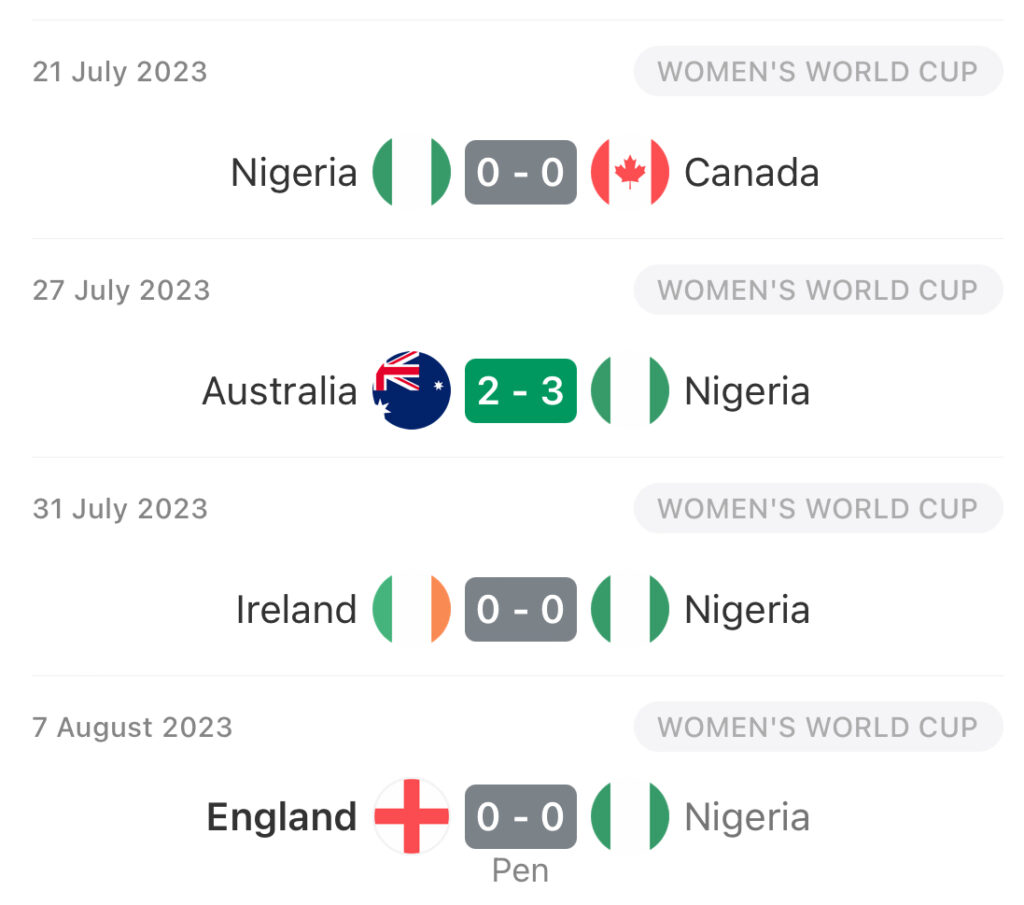
The Super Falcons will hope to see a little more from their attackers, though. They definitely have enough quality in their forward options, so if they can manage to get the goals flowing as well, they too could be a problem for some of the big hitters.
Brazil
Unlike their competitors in Group C, Brazil had a very disappointing World Cup which led to the dismissal of Pia Sundhage. Her successor is Arthur Elias, a man with a great domestic track record and fresh tactical ideas.
He has backed a lot of domestic players as almost half of the players in the Olympic squad are contracted to Brazilian clubs including as many as six players from Corinthians, whom he was coaching before being given the national team job. So, the Seleção are taking quite a changed squad to France, save for one ever-present name.
All the players will be extra motivated to do well knowing that this is going to be Marta’s last major tournament. The legendary forward has announced that she will hang up her international boots at the end of 2024. She is still going strong at 38 years old, so opposition defences must remain wary of her.
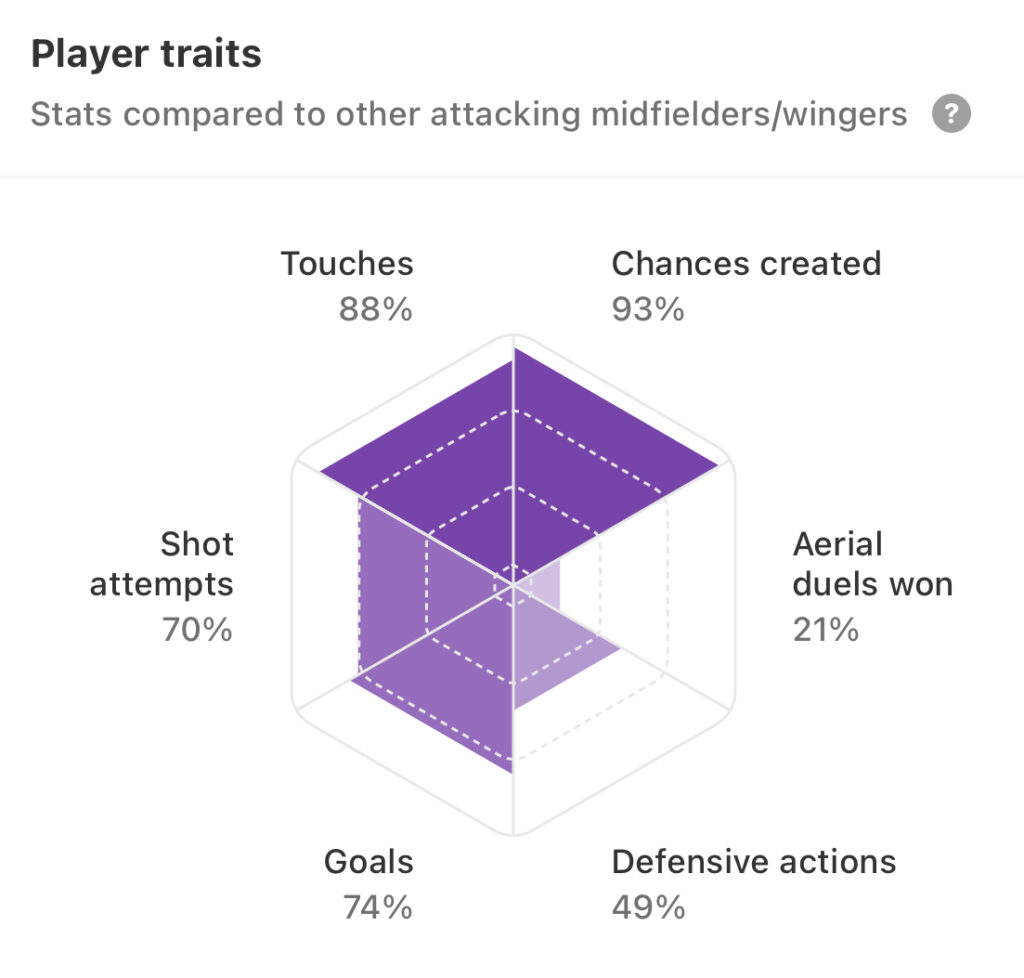
(Cover image from IMAGO)
You can follow every game from the men’s and women’s Olympic Football Tournaments live with FotMob – Download the free app here.
